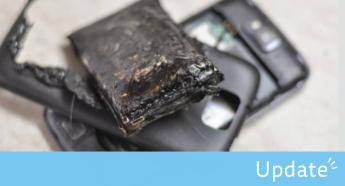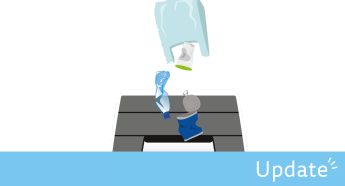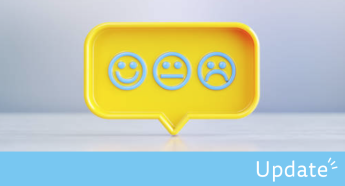Smart deposit: first pilot projects out of the starting blocks
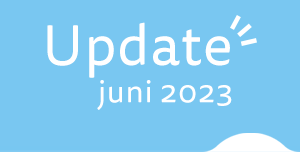
Litter is a thorn in the side of anyone concerned about a clean living environment. "Despite all the efforts we all make, too many drinks containers still go to waste. This is what the industry wants to do something about with a smart deposit scheme. The system should make it as simple as possible for everyone and, to that end, builds on the successful collection via the blue PMD bag," says Steven Boussemaere, Innovation & Business Development Director of Fost Plus.
"We have always been frontrunners in Belgium when it comes to packaging recycling," says Steven Boussemaere. "When we introduced the blue PMD bag 30 years ago, we were one of the first countries to set up such a system. Now too, we want to take a pioneering role and make use of the latest technological possibilities to combat litter and collect more packaging for recycling."
Easy for every citizen
The principle behind the smart deposit system is simple. "Instead of going back to the shop with your packaging, you can simply scan it at home with your smartphone and thus recover the deposit when you throw it in the blue PMD bag. This will also be possible outdoors: the public bins will be deduplicated in the process - PMD and residual waste separated, in other words - and provided with a code. That way, every PMD bag and every public bin will become a take-back point for packaging. That is an incredible advantage for the consumer," says Steven Boussemaere.
Ease of use is paramount in the development of the smart deposit. "The system must be easy for every Belgian, regardless of their age, background, digital knowledge, place of residence or income. By building on the successful door-to-door collection of PMD, citizens get the simplest solution to recover their deposit anywhere and anytime."
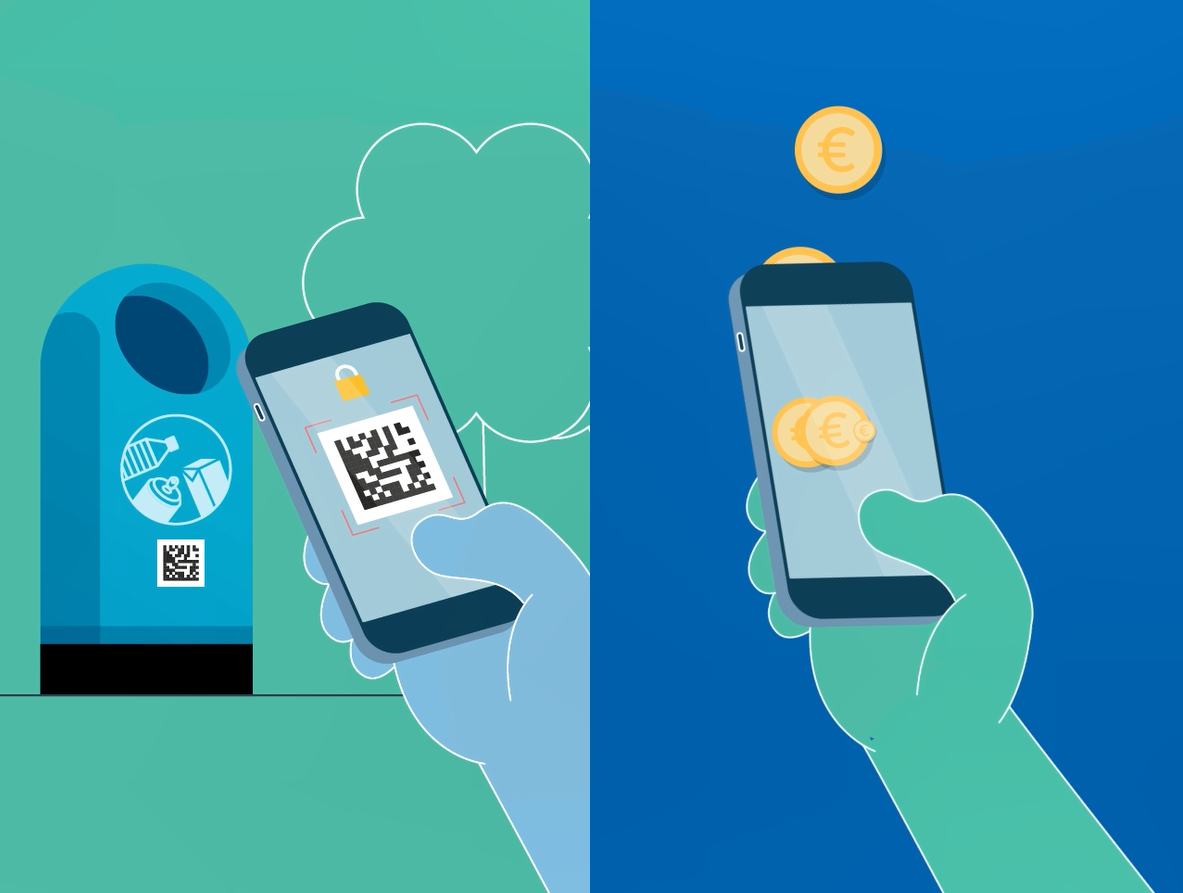
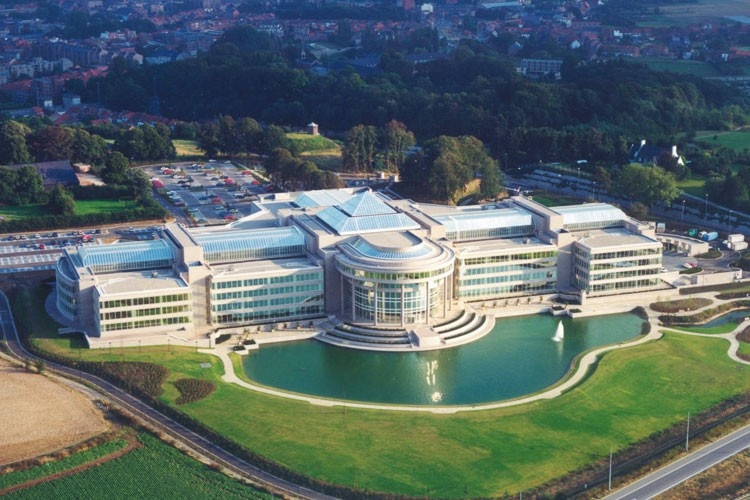
The KBC's headquarters in Leuven
Pilot projects in closed environment
We are organising a series of pilot projects over the course of this year to test the various practical and technical aspects. At the end of May, we launched the first two projects in closed environments: one at KBC's headquarters in Leuven and one at the Corda Campus in Hasselt. The 7,000 people working at the two sites will help test the system, including for code scanning and deposit reimbursement."
A series of pilot projects in semi-open and open environments will follow in the coming months, testing additional aspects such as the effective impact on litter and user-friendliness for specific target groups. If the pilot projects prove successful - and the three regions take a final decision - the ultimate goal is to roll out the system across the whole of Belgium in 2025.
Co-creation with local governments
Local governments are important partners in the development of smart deposits. "In our roadmap, we foresee several information and exchange moments with cities, municipalities and intermunicipalities, among others. We want to work with them in co-creation on a number of specific themes, including the de-duplication of street garbage bins, allowing sorting outdoors, and the distribution of home scanners for families who do not have a smartphone."
"In June, we already organised the first four webinars with local councils in which we outlined the full trajectory and questioned them about waste collection in public spaces. Their vision and experience will play a crucial role in the success of the smart deposit," concludes Steven Boussemaere.

